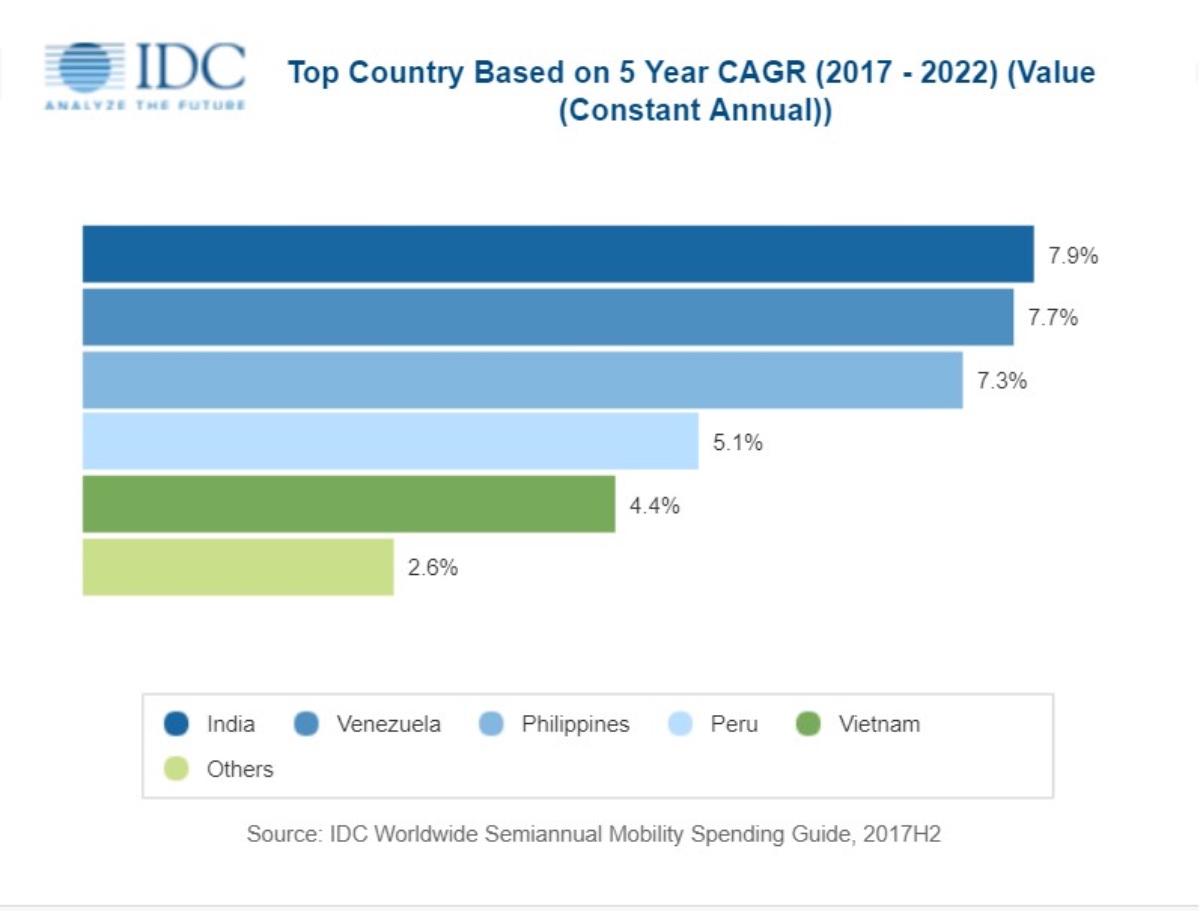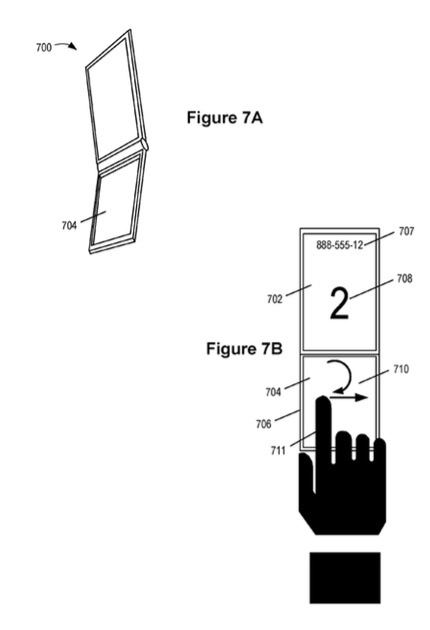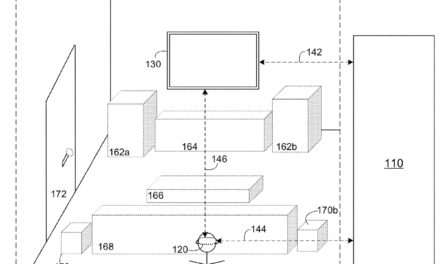A new study from Juniper Research has found that by 2022, mobile operators can collectively generate an additional $35 billion per annum from new and underdeveloped revenue streams.
If implemented, these, together with cost savings identified in the study, would enable operators to offset the impact of falling voice and data revenues and maintain, or even increase, current margins, according to the research group. Juniper says that services such as IoT (Internet of Things) enablement, A2P messaging, carrier billing and big data analytics would collectively deliver a net increase of more than $7 billion this year.
With the number of connected devices expected to nearly triple between 2017 and 2022, from 17.5 million to 51.5 million, demand for ubiquitous connectivity will accelerate, representing a clear opportunity for the expansion of enterprise-facing products. The new research also stated that while big data collection presented some challenges around security and anonymization, raw or packaged data could be monetized via pay per usage, metered usage or flat subscription
Additionally, Juniper has outlined strategies through which MNOs can reduce costs across their operations. It says that significant improvements are required in CRM (customer relationship management) to maximize customer retention, critical in saturated markets.
“There are still high levels of dissatisfaction with regard to issues such as time taken to answer complaint calls,” says research author Dr. Windsor Holden. “Furthermore, as operators seek to diversify and offer new services they will, in turn, need to ensure that their CRM services are robust enough to cope with the inevitable array of queries these will provoke.”
Juniper also recommended that operators should implement network sharing to reduce site lease and infrastructure costs. It says that the strategy would reduce both capital and operating expenditure, plus enabling faster deployment and reducing carbon footprints.
Image courtesy of Harbinger Systems





